BRI vs MCC: Balancing Nepal's national interest and sovereignty
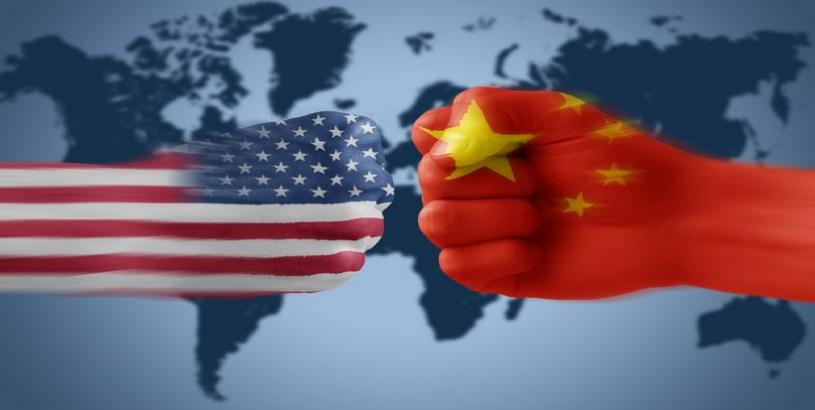
In recent years, Nepal has found itself at the crossroads of international development, caught between two significant global initiatives: the United States’ Millennium Challenge Corporation (MCC) and China’s Belt and Road Initiative (BRI). While these projects promise much-needed infrastructure development, they have also exposed deep divisions among Nepal’s major political parties.
The Nepali Congress (NC) has been a vocal proponent of the MCC, emphasizing its potential to enhance Nepal’s energy and transportation sectors without adding to the country’s debt burden. The party argues that the $500 million grant under the MCC compact is an opportunity for Nepal to leap forward in infrastructure development, particularly in electricity transmission and road connectivity.
However, NC’s enthusiasm for the MCC has been met with skepticism from other major parties, despite the UML and Maoist parties collectively endorsing it in Parliament and the MCC moving into full implementation. These parties question whether the MCC compromises Nepal’s sovereignty.
Conversely, the UML and Maoist parties have shown greater affinity for China’s BRI, which they see as a gateway to significant investments in infrastructure, trade, and connectivity. For these parties, the BRI symbolizes Nepal’s integration into Asia’s rising economic power and provides an alternative to Western-dominated aid frameworks.
Although the Nepali Congress has also accepted the BRI framework, especially in light of the recent coalition with the UML, concerns about the BRI’s financial sustainability and potential debt traps have made the Nepali Congress cautious about fully embracing it.
Is it time for Nepal’s political parties to prioritize national interest over party agendas?
The MCC and BRI are fundamentally different in their structure and implications. The MCC offers a grant with no repayment obligations, but it comes with conditions that some argue could bind Nepal geopolitically. On the other hand, the BRI provides loans and investments with fewer upfront conditions, but the long-term financial obligations could be significant. Both initiatives have merits and risks, and evaluating them requires a nuanced, apolitical approach.
Unfortunately, major political parties have often framed their positions on these initiatives in ways that appear more targeted toward rallying their voter base than fostering informed debate. The Nepali Congress’s alignment with the MCC might reflect its historically close ties with Western countries, while UML and Maoist support for the BRI aligns with their ideological leanings toward socialist and non-Western alliances.
What is best for Nepal?
The focus must shift to a comprehensive cost-benefit analysis of both initiatives. Nepal’s leaders must weigh factors such as the potential for economic growth, the long-term financial implications, and, most importantly, the preservation of national sovereignty. Decisions should not be made in silos or dictated by partisan ideologies but through transparent consultations with experts, stakeholders, and the public.
Nepal’s strategic geographical position between two global powers—India and China—requires careful diplomacy. While pursuing development through foreign partnerships, it is imperative that Nepal maintains its non-aligned policy and safeguards its sovereignty. Over-politicizing initiatives like the MCC and BRI risks creating divisions within the country and undermines Nepal’s ability to negotiate terms that are genuinely beneficial.
In conclusion, the MCC-BRI debate is not just about choosing between two international initiatives; it is a litmus test for Nepal’s political maturity. The time has come for major political parties to rise above partisan interests and focus on policies that prioritize long-term national development without compromising sovereignty.
Political leaders must demonstrate unity in serving the nation’s best interests, ensuring that decisions on international partnerships are informed, inclusive, and resilient against external pressures. Only then can Nepal truly harness its potential as a sovereign, progressive, and independent nation.




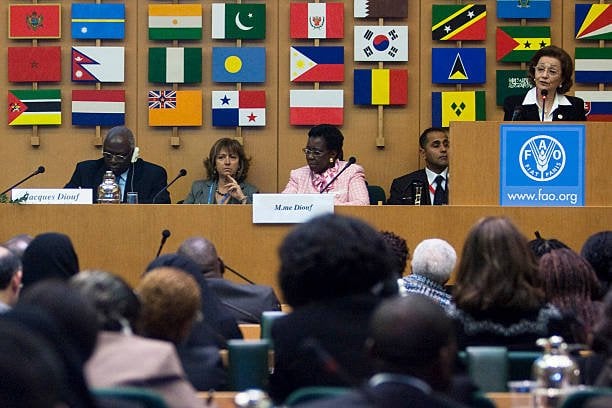
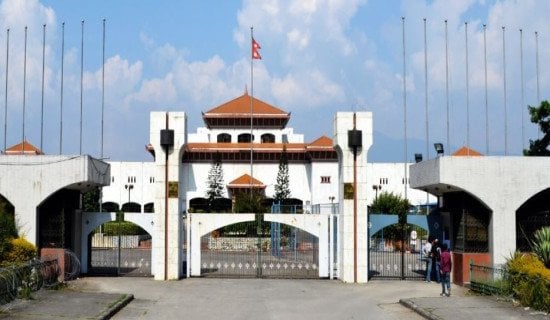

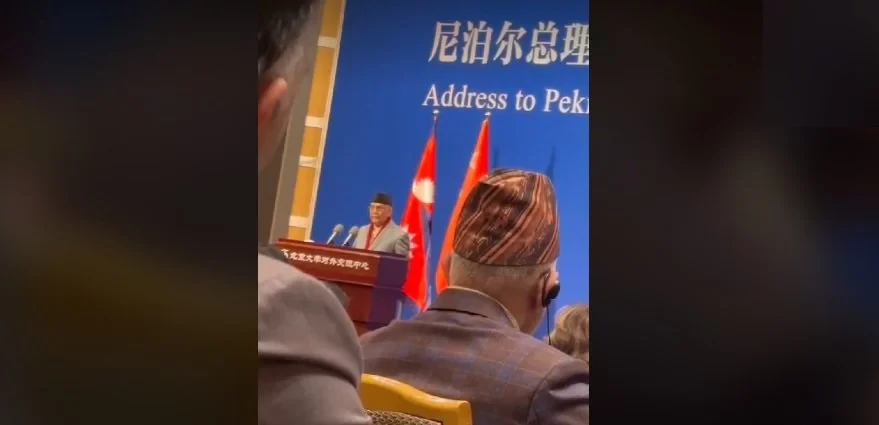
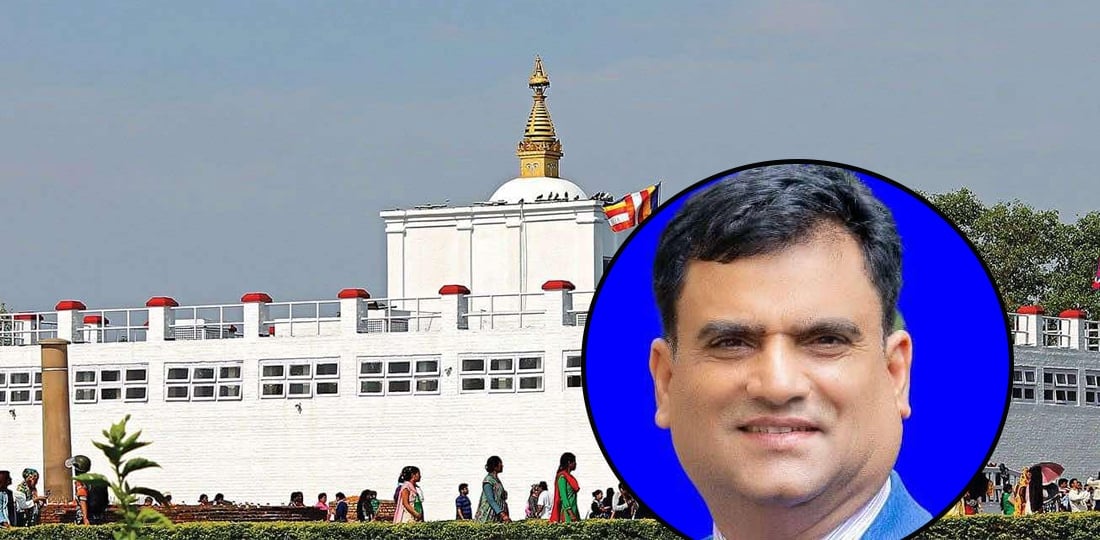
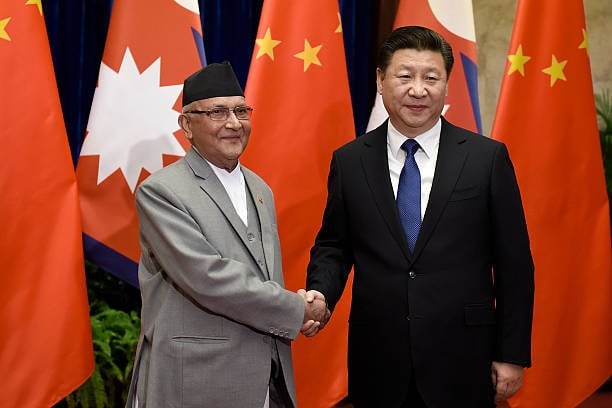
Leave Comment